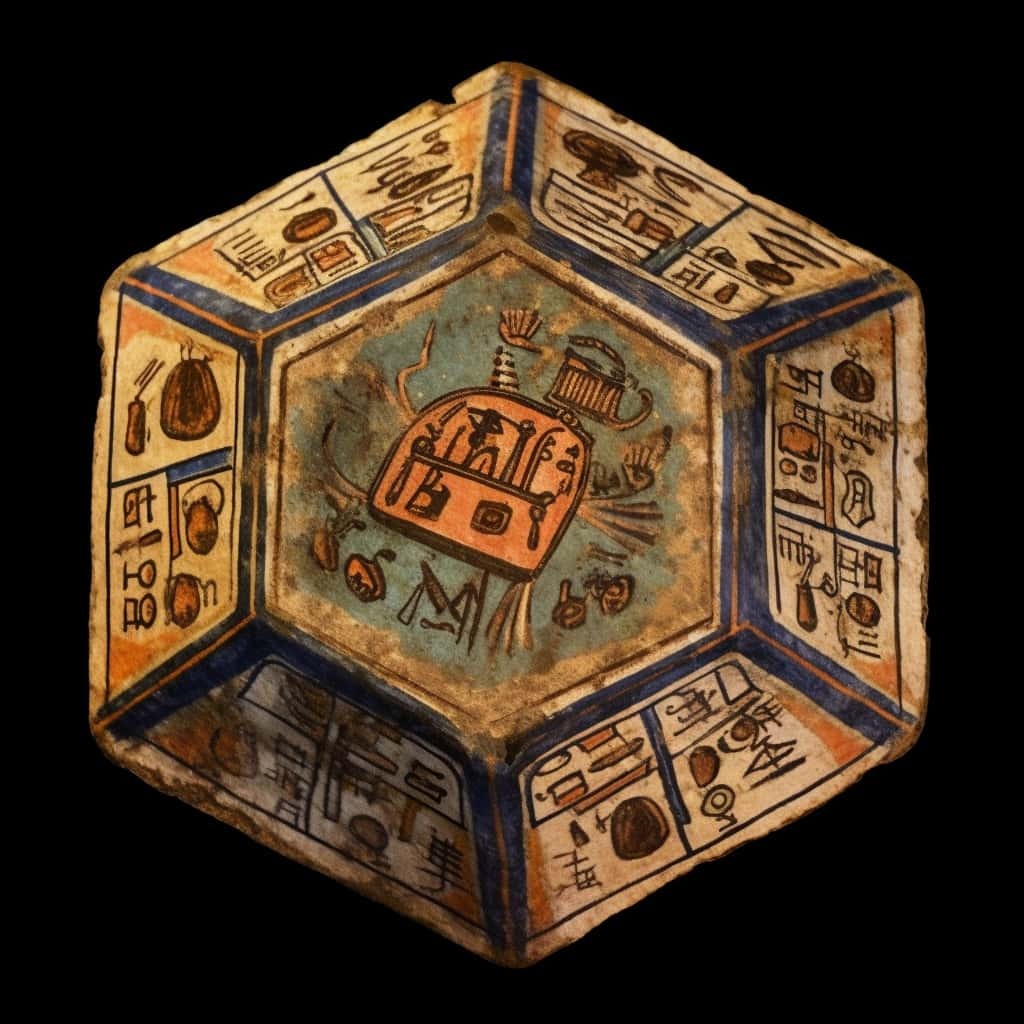

NSR/Rules Light
Mausritter: I’ve run this one in various one shots for probably around 50 different players already, and so far every single one has enjoyed it. The inventory system is great, the setting is great, the hackability is great. Like most rules lights I don’t like running campaigns in it, but for pickup games in my FLGS it’s my nr 1 favourite.
Black Sword Hack: If you want to get the feel and vibe of old school pulp action sword & sorcery fantasy in a rules light way, this is THE system. After Mausritter this is my other go-to for pickup games and other one-shots.
Pirate Borg: Pirates are awesome. The Mork Borg ruleset is decent. This game combines them into a really sweet blend. Also, for my tastes, Pirate Borg adds just enough meat to the bare-bones rules-light games that this is actually the only NSR game I enjoy running actual campaigns rather than just one shots in.
OSR
OSE Advanced Fantasy: As far as OSR goes this is the holy grail for me personally. B/X is right where the sweet spot between complexity and rules-light fits in my personal experience, and OSE is the best possible reference material to use in the modern day for B/X. B/X also has 40 years of homebrewing history, and so anything you don’t like about the system should be trivial to change.
Hyperborea: Where Black Sword Hack is THE system for rules-light old school pulp action sword & sorcery fantasy, this is THE system for slightly deeper old school pulp action sword & sorcery fantasy. For me personally it has some unneeded complexity as it leans more to AD&D than B/X, but I still enjoy it for all the flavour it has.
ACKS: Way too simulationist for me when you go all the way to the nitty gritty, and there’s some weird choices made in how saving throws and attack rolls are handled, but the classes are just chef’s kiss and they are 100% compatible with B/X or OSE. If you want to run a race-as-class kind of game you owe it to yourself and your players to have a look at how ACKS handles these classes.
Stars/Worlds/Cities Without Number: Beside B/X this is my most played OSR system. I don’t put them higher on this list because I personally don’t like skill lists and feats, which are both very important to SWN/WWN/CWN, but my players love these systems, and if you’re one of those GMs who has players that come from 3rd/4th/5th edition D&D and you wanna convince them to play OSR games, this is in my experience the best way to go. It has all the customisation options that modern players (and min-maxers) love, but still with sufficient OSR sensibilities. Also, even if you don’t run this game as is, I recommend checking out the Game Master chapters on how to run a sandbox campaign, how to manage factions, etcetera. That material is absolute gold.
Other Old-School Inspired
Forbidden Lands: It’s got some flaws like every other system, but I like the dice pools, I like the way defenses work in this game, it’s got some amazing random tables and survival mechanisms. I’ve recently finished a 2 year long campaign in this system and I don’t regret it at all. If you wanna lean really heavily into the hexcrawling part of Old Shool Gaming this one definitely is a great choice.

It depends on several things.
First, how do you treat your game nights? Do you treat them as a casual social gathering where it’s ok to show up fashionably late; or to not show up without warning; or to drop out last minute because of whatever non-emergency reason? If so, don’t be surprised players also treat it as something casual and social, and reading rules isn’t casual or social. Maybe D&D just is too complex and not the right game for your table if you just want to run a casual social event.
Personally I treat my D&D style campaign game nights similar to how I’d treat coaching a sports club. If you want to be a striker on a soccer team, and you don’t understand the off-side rules and don’t want to learn them, no coach in their right mind wil put you on the field either. Sure I give my players time to learn, and don’t expect them to know everything from day 1, but the absolute minimum I expect is a willingness to improve.
Practically, what I do for each player in my campaign is to compile a document which I expect them to focus on. They roll up a fighter, I will include the fighter class entry plus common special maneuver. They roll up a wizard, I will include the wizard class entry plus their spell book. They roll up a merchant (which I consider the most complicated class in my game and will discourage inexperienced players from taking it), I will give them the class entry plus a 101 intro to the economics of my campaign world. They have 3 months (approximate 10-15 weekly sessions) to understand the material I’ve given them, before I start reconsidering their presence in my campaign. Obviously there’s some flexibility, it’s not a life or death matter; but again I do expect at least some sign of willingness.
Next, please do understand I did specify campaign game nights above. Obviously things are different with one-shots like convention games or open table games at the local game store. I don’t expect the players to know any rules there and will happily guide them by the hand from start to finish.